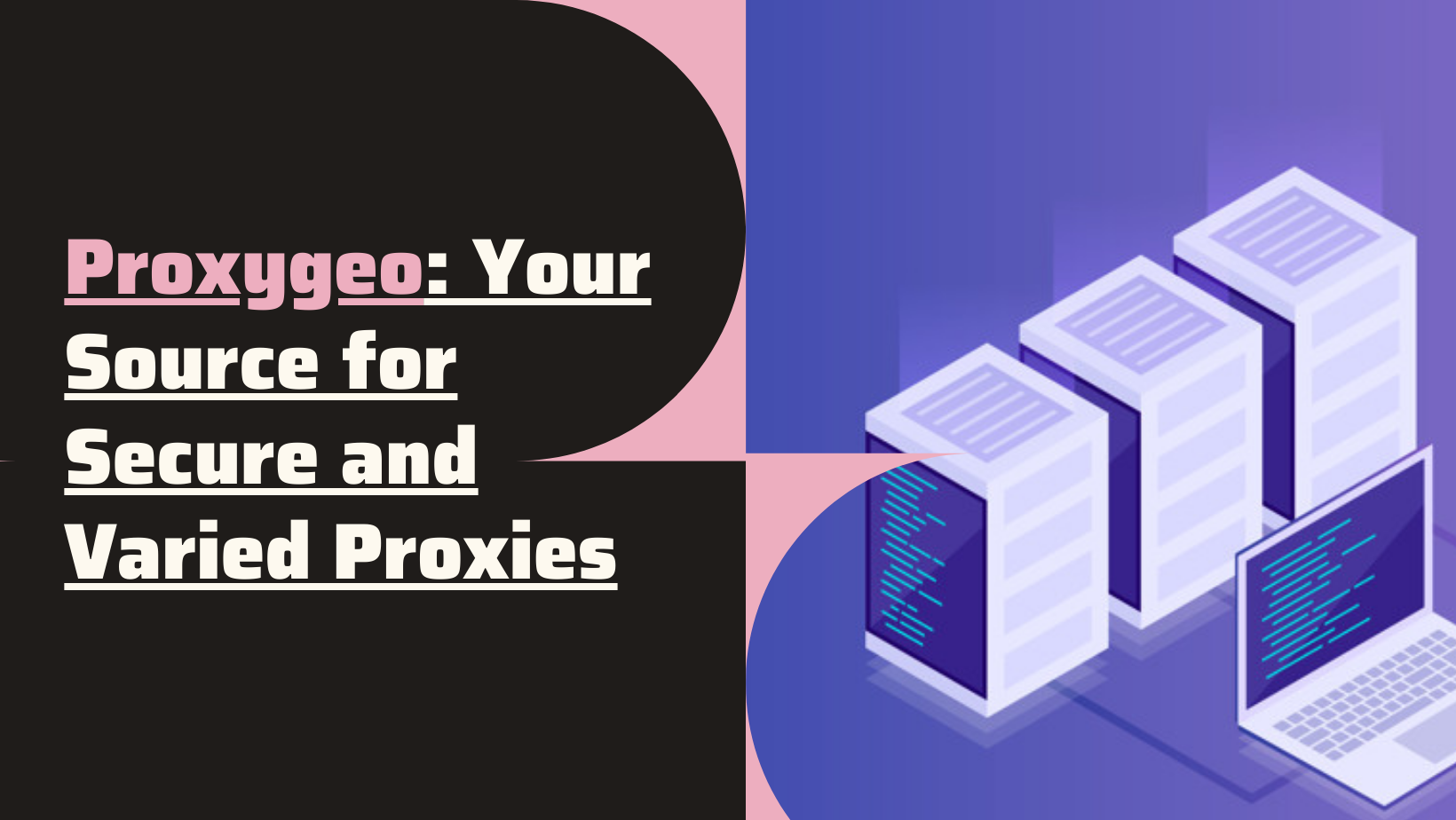- Exploring the Demand for Twitter Accounts for Sale 07/05/2024
- Unlocking TikTok’s Potential – Why Buying TikTok Accounts Can Boost Your Earnings 05/05/2024
- Unleashing Marketing Potential with Bulk Facebook Accounts 13/03/2024
- Boost TikTok Livestream Views with an Efficient View Bot: Maintain Steady Viewer Count 01/02/2024
- Gmail Generators & Bulk Account Registration! Meet GmailCreator by Autobotsoft! 30/01/2024
- Searching for Affordable Static Residential Proxy Sellers 12/01/2024
- Exploring Instagram Account Creation with Gmail: A Guide to InstagramCreator Bot 10/01/2024
- Mastering Bulk Gmail Account Creation: A Comprehensive Guide with GmailCreator Bot 10/01/2024
The Relevance of Private Proxies and Distinctions from Residential Proxies: When and How to Utilize Them

In the digital realm, the use of proxies has become crucial for various online activities, particularly concerning privacy, security, and accessibility. This article aims to elucidate the instances where private proxies are essential and differentiate them from residential proxies. Additionally, Proxygeo, a leading proxy service, offers a diverse range of proxy types, ensuring quality and safety for users.
When is Private Proxy Necessary?
Private proxies come into play in scenarios where enhanced security and exclusive access are paramount. They serve as a shield, safeguarding sensitive information and ensuring that online activities remain confidential. These proxies are particularly crucial for businesses conducting sensitive operations, ensuring that data remains protected from prying eyes.
Securing Sensitive Transactions
Private proxy encrypts data and create a secure tunnel, making them indispensable for secure transactions. Whether it’s accessing financial information, sensitive documents, or confidential communications, these proxies ensure that data remains encrypted and protected, minimizing the risk of breaches or cyber attacks.
Bypassing Geographical Restrictions
Another significant advantage of private proxies is their ability to bypass geographical restrictions. They allow users to access region-locked content or services, enabling businesses to expand their reach across various global markets without limitations.
Differentiating Private and Residential Proxies
- Private Proxies: These proxies are typically sourced from data centers and offer dedicated IPs that are exclusive to a single user or a limited number of users. They provide high-speed connections and often prioritize security and anonymity. Private proxies are ideal for scenarios where stringent security measures and exclusive access are required. They are commonly used in business operations, sensitive transactions, and accessing restricted content while ensuring that the user’s activities are concealed and protected.
- Residential Proxies: On the other hand, residential proxies derive their IPs from genuine residential addresses provided by Internet Service Providers (ISPs). These proxies offer an added layer of anonymity as they mimic real-user behavior, making them more challenging to detect. Residential proxies are advantageous for tasks that require interaction with websites that have stringent security measures or for activities where a high level of anonymity is necessary, such as web scraping or social media management. However, they might not always offer the same speed or exclusivity as private proxies due to their nature of using real residential IPs.
While both private and residential proxies serve the purpose of masking the user’s IP address and providing anonymity, their fundamental difference lies in the source of their IP addresses and the level of exclusivity they offer. Private proxies are often faster and offer dedicated IPs, making them more suitable for high-security operations, while residential proxies mimic real-user behavior, making them better suited for tasks requiring a higher degree of anonymity. Understanding these differences helps users choose the most appropriate proxy type based on their specific needs and use cases.
Proxygeo: Your Source for Secure and Varied Proxies
Proxygeo stands out in the proxy service landscape by providing an array of proxy types, including private proxies. Their service ensures top-notch quality and safety, offering dedicated IPs for exclusive use. Users benefit from enhanced security, speed, and reliability, critical for businesses and individuals prioritizing secure and seamless online activities.
In conclusion, private proxies serve as an essential tool for securing sensitive transactions, bypassing geographical restrictions, and maintaining confidentiality. Proxygeo’s provision of diverse proxy types, including private proxies, underscores the significance of high-quality, secure proxies in today’s digital landscape. As users navigate the online sphere, understanding the nuances between proxy types is key to making informed decisions regarding online security and accessibility.












